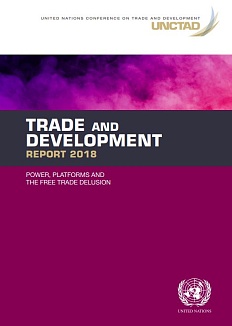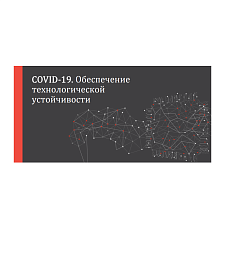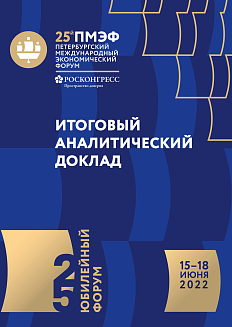The global market for track and trace, which entails the tagging and monitoring of goods, is expected to see rapid growth over the next 810 years. This tool makes the market for goods transparent, creating a digital platform for businesses and consumers and helping to build a trust economy.
International track and trace projects were first introduced over a decade ago. Among the pioneers of track and trace solutions at the state level are China, Brazil, Turkey, the USA, and the EU. According to a report produced by global consulting agency The Boston Consulting Group, 100% of countries implementing large-scale track and trace projects have compulsory programmes for pharmaceuticals; 80% enforce track and trace on tobacco products and beverages; and 10% use a voluntary tracking system for tobacco. Through the implementation of tracking projects, countries have reduced the volume of the grey market several times over, with a concordant increase in tax collection, while businesses are seeing the return of revenues lost due to counterfeiting.
Governments usually bring in a private operator to launch tracking projects. In China, this operator is AliHealth, a subsidiary of Alibaba. In Brazil it is the Swedish company SICPA. These operators invest their own funds, and so do not place any extra burden on the state budget they receive payment for their services from manufacturers.
At the end of 2017, Russian President Vladimir Putin approved a government decision taken in November to create a unified national digital track and trace system for goods by 2024, using the services of a sole operator, the Prospective Technologies Development Center. The Honest Seal system, created by the Center as a public-private partnership, will allow government, business, and end users to monitor the journey of goods from the production line to the shop till. This guarantees the authenticity of the product, ensuring the protection of public health.
It follows that active citizens will become key players in the Honest Seal digital system. Consumers will be able to check the legality of products and report any identified instances of counterfeiting using a mobile app. Thousands of checks will be conducted across Russia every minute, and thanks to civic monitoring the market will become genuinely transparent.
In April 2018, Russian Prime Minister Dmitry Medvedev signed an action plan to combat illegal trade in goods. A tracking project occupies a central place in the plan. «Traceability will significantly improve the work of the single market, increase tax collection, and bring entire sectors of the retail market out of the shadows», he said, citing the advantages of a tracking system. The Prime Minister believes that it is important at the present stage to gradually extend tracking to new categories of goods «until all commodities are covered.»
By 3 May the government had confirmed a list of 10 categories of goods which will be subject to mandatory tracking. Manufacturers will be required to track tobacco products from March 2019 and footwear from July 2019. From December 2019 compulsory tracking will be in effect for perfumes and eau de toilette, jersey tops, coats and overcoats, raincoats and jackets, windcheaters and waterproofs, bed linen, tablecloths, bathroom towels and facial wipes, kitchen towels and napkins, cameras and flash bulbs, tyres and pneumatic tyres.
The Honest Seal system, trialled in a pilot project on the tobacco market, could see rapid expansion and be adapted for other types of goods. It is Honest Seal which will provide the basis for a digital trust economy system, increasing market transparency and forcing out illegal products.
The knock-offs of famous brands, harmful products, and poor-quality baby food that have flooded the market will become a thing of the past, as their trade and sale will become impossible. A Data Matrix two-dimensional barcode placed on the packaging of each item allows the movement of goods to be traced up to the point of sale at the till. The Center is also establishing a standardized catalogue of legal goods, which will contain comprehensive information about the listed products.
In turn, legitimate manufacturers, with whom the Center is developing the implementation mechanism for each product category, will achieve a significant breakthrough in digitalization and cost reduction with minimal investment and practically no interference with operational processes, as well as a new share of the market and protection of their brands and reputation.
No other country in the world has yet developed an end-to-end track and trace system. There are only fragmentary solutions across separate categories. In this sense Russia will be a pioneer, creating a system with no global counterparts.
In a February 2018 address to the Federal Assembly, the President paid special attention to the importance of technology and digital projects: «We must develop our own digital platforms. Naturally, these platforms should be compatible with the global information space.»
The Centers track and trace system for goods makes use of domestically developed crypto technologies. Furthermore, it reveals the potential for online cash registers: sellers will simply be unable to sell counterfeit goods.
The Centers solution will be integrated with the standardized sales receipt of the Federal Tax Services automated monitoring system, customs databases, and the standardized catalogue of goods. This will allow the Russian Government to analyze the majority of goods purchased in the country in real time. Today, only the tax authorities in South Korea and, to a lesser extent, Singapore come close to the capabilities of Russias Federal Tax Service.
Digital tracking will protect legitimate manufacturers and importers, allowing them to increase productivity, improve logistics chains, grow their market share and, ultimately, increase revenues, all with minimal investment. Special applications for business will emerge, enabling companies to use cumulative analytics to support their own development.
According to The Boston Consulting Groups figures, the revenues of pharmaceutical market players may jump by RUB 3961 billion following the introduction of tracking, with a rise in revenue of RUB 5793 billion for the tobacco sector.
The Prospective Technologies Development Centers project has ambitions beyond Russia. The company is creating a tracking concept for the EAEU a platform for business development and cooperation between nations. The Honest Seal system makes it possible to monitor current information about goods markets in real time, increasing the speed of operations, the accuracy of operational processes and, as a consequence, leading to growth in trust between market players.
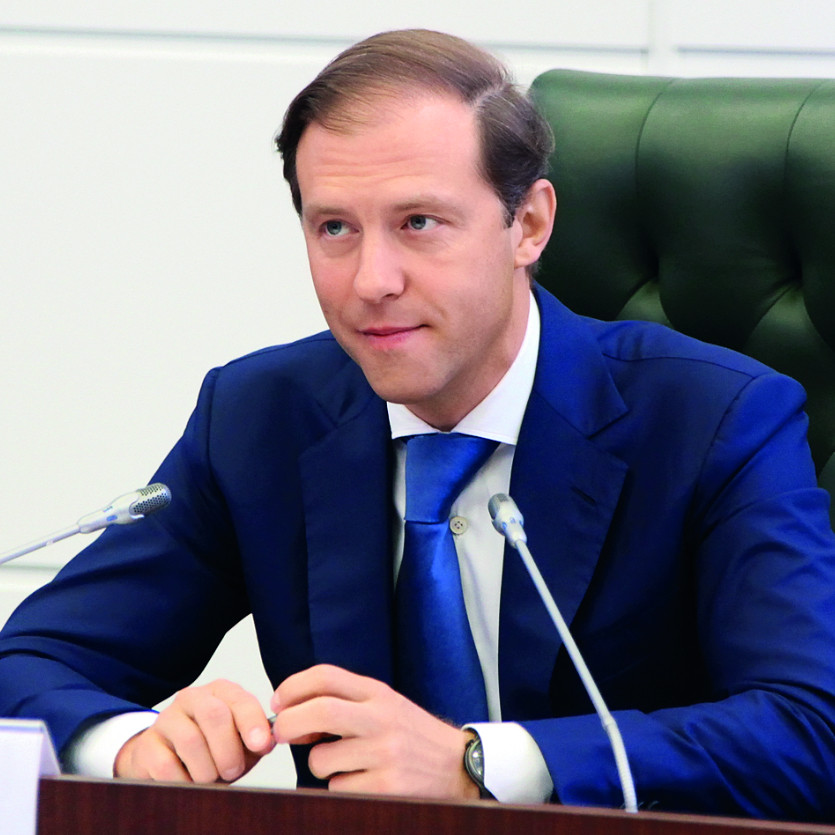
To make the best possible use of domestic demand, we have stepped up the fight against the illegal trade in manufactured goods. A system is being established that will provide for end-to-end traceability of goods on the journey from producer to consumer. Product tracking will prove a key tool in this effort. It is already being used in a number of sectors and, on the instruction of the Prime Minister, is set to be extended to all major product types by 2024.
Denis Manturov, Minister of Industry and Trade of the Russian Federation

When the question of naming a national track and trace system was raised, the answer came almost immediately: Honest Seal. Our system is being implemented in the interests of creating an environment amenable to honest business and to ensuring a high quality of life for consumers. For many years, citizens in our country saw a seal of authenticity and safety as a seal of quality. Now, the cryptographically protected digital Data Matrix barcode will act as a new seal of quality, guaranteeing the legal and honest provenance of goods. Honest Seal is a platform for building a real trust economy, designed to meet the needs of the market.
Mikhail Dubin, Chairman of the Board, Prospective Technologies Development Center

The marking is required to prevent fake, counterfeit and poor quality goods from getting to legal market, which is important both for the state and for end customers. And this is essential when it comes to medicine.
Mikhail Mishustin, Head of Federal Tax Service
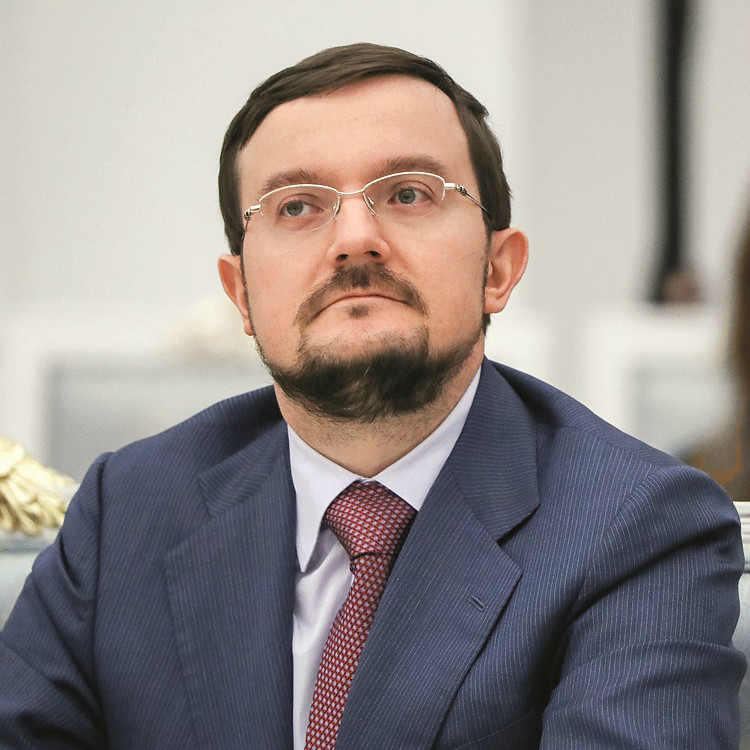 A system that tracks the entire lifecycle of goods means only one future, and that future is inescapable for all of us. Once entered into the system, the goods remain in it forever. This means that once it arrives at the customer it doesnt disappear, but simply changes status. This is, as I see it, a key element in how the system operates. And it is this opportunity to monitor product quality and give consumers a way of feeding back to manufacturers that we believe is of critical importance.
A system that tracks the entire lifecycle of goods means only one future, and that future is inescapable for all of us. Once entered into the system, the goods remain in it forever. This means that once it arrives at the customer it doesnt disappear, but simply changes status. This is, as I see it, a key element in how the system operates. And it is this opportunity to monitor product quality and give consumers a way of feeding back to manufacturers that we believe is of critical importance.Alexey Repik, President, Delovaya Rossiya (Business Russia), Chairman of the Board, R-Pharm



